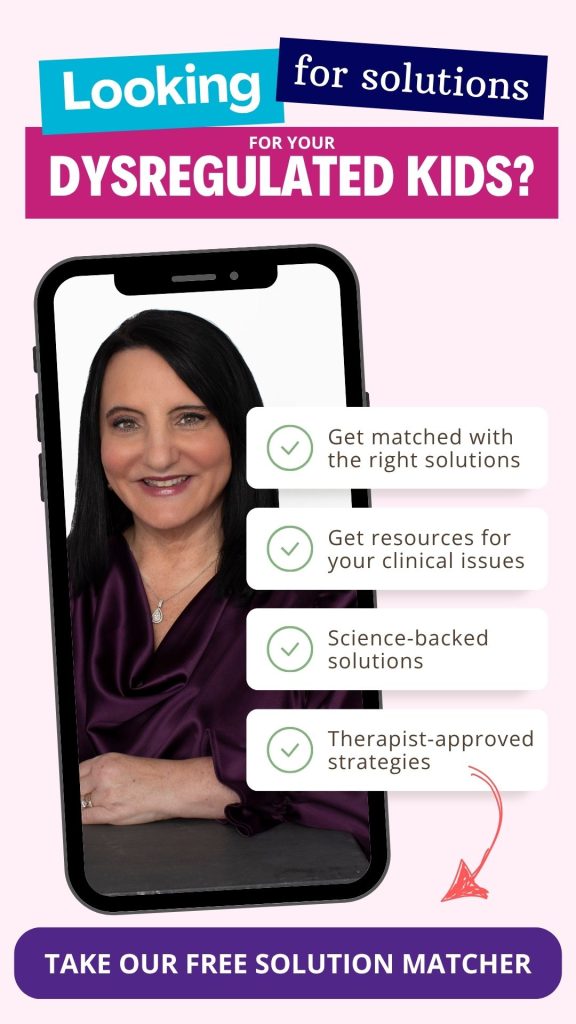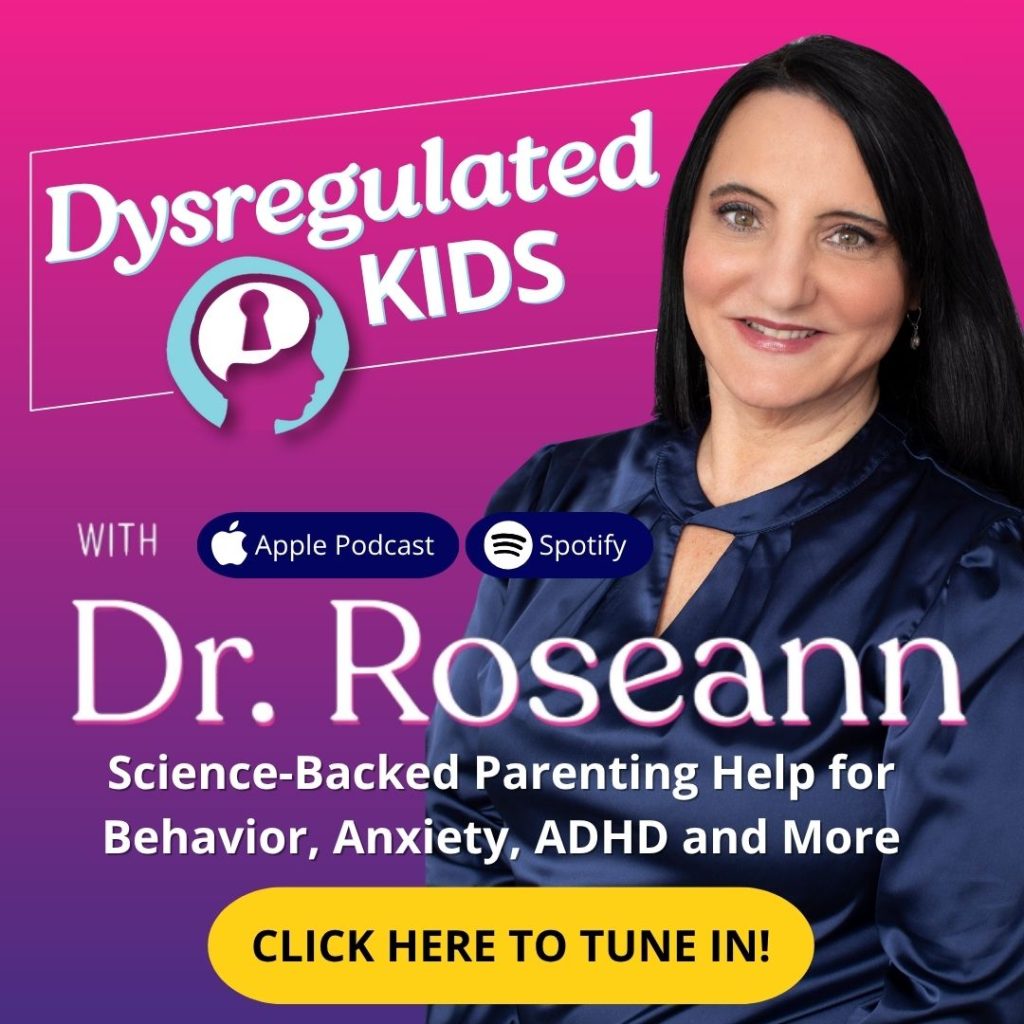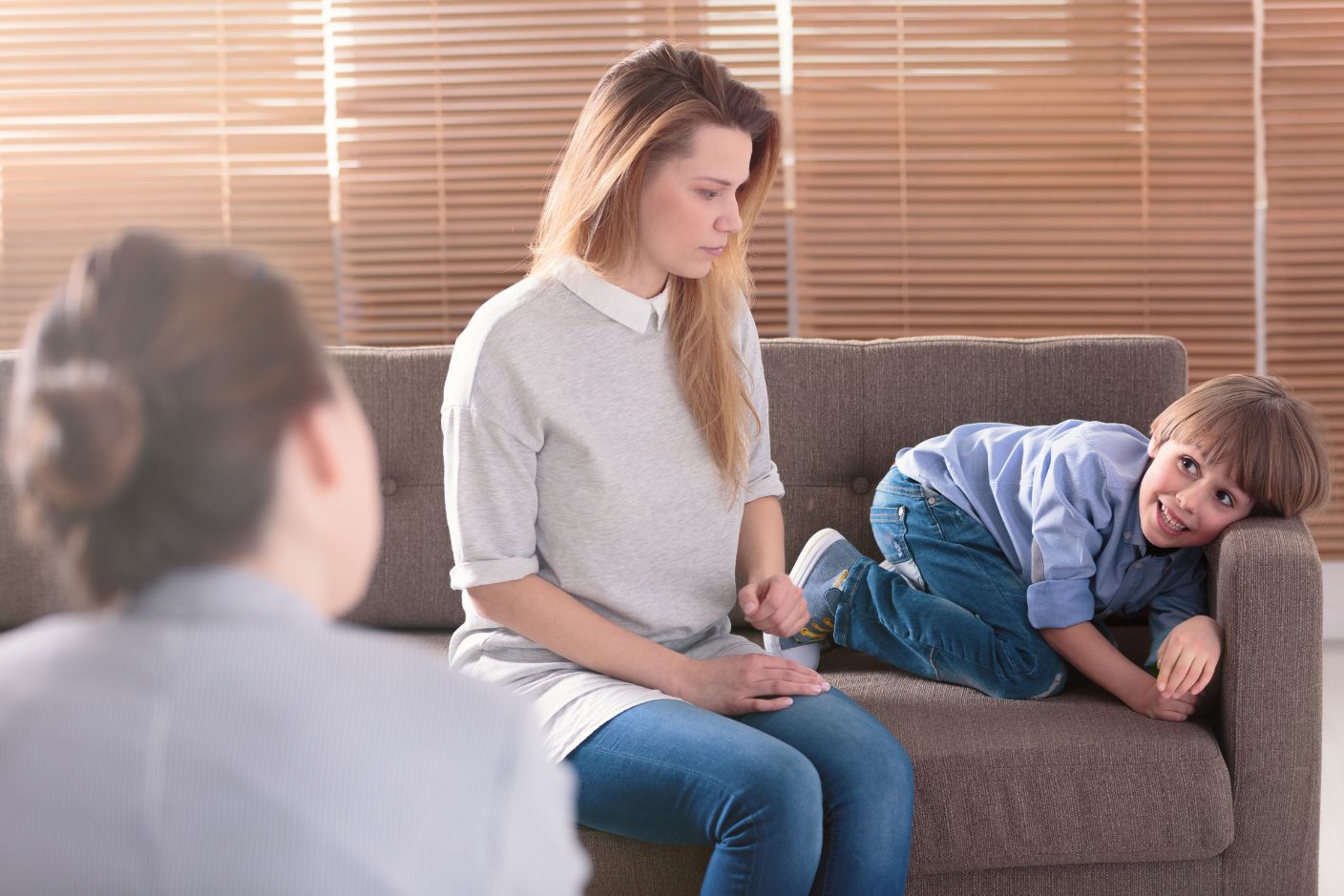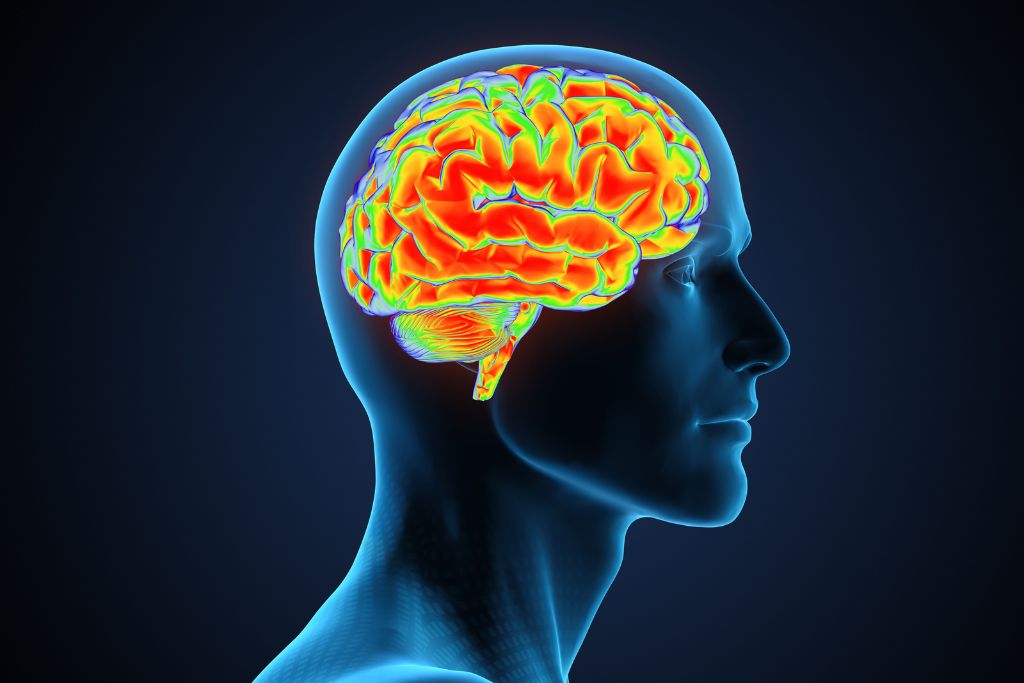
Estimated reading time: 8 minutes
You may be surprised to learn that hidden inflammation in the brain “neuroinflammation” could be a key factor behind your child’s big emotions, restless behaviors, and uneven moods.
In this blog, we’ll explore what neuroinflammation is, why it matters for dysregulated kids, and how to calm the brain first, so you can support better emotional and behavioral regulation at home.
What is neuroinflammation and why does it matter?
Neuroinflammation is your child's brain’s immune response: nature’s way of healing after injury, infection, or stress. But when it sticks around too long, it can pull up inflammation markers (like microglia, astrocytes, cytokines) that disrupt communication in the developing brain leading to mood swings, attention issues, meltdowns, and more.
- Normal vs. chronic: Brief inflammation helps with healing. Chronic neuroinflammation, though, is linked to long-term neurological and behavioral issues in kids (e.g., following brain injury)
- Developing brains matter: A child’s brain reacts differently than an adult’s, making it more sensitive to persistent inflammatory processes .
Can neuroinflammation cause emotional dysregulation in children?
Yes. It absolutely can. Science shows that ongoing brain inflammation is associated with higher rates of ADHD, anxiety, OCD, mood shifts, and seizure activity.
- ADHD and anxiety are often accompanied by neuroinflammation patterns .
- In epilepsy, activated microglia and astrocytes make neurons more excitable, leading to seizures and mood swings
https://youtu.be/LMnuIBlJvj8
Which conditions in kids are linked to neuroinflammation?
Neuroinflammation can underlie a surprising number of pediatric challenges, including:
- PANS/PANDAS — sudden-onset OCD-like symptoms after infection
- Autoimmune encephalitis — rapid mood and behavior changes tied to antibodies
- Pediatric multiple sclerosis & demyelinating disorders — immune system attacks on brain tissue
- Epilepsy/status epilepticus — brain inflammation increases seizure risk
Key takeaway: Behavior is communication. If your child suddenly changes emotionally or behaviorally, inflammation could be signaling distress.
How is neuroinflammation diagnosed in children?
Diagnosis usually involves a multidisciplinary medical workup:
- Blood & CSF tests – checking for inflammatory markers & antibodies
- MRI or advanced neuroimaging – spotting lesions or white-matter changes
- Neuropsychological assessment – to understand behavior & cognition impact
- Clinical history review – including infections, trauma, onset speed
What Are the Signs of Neuroinflammation in Children?
Neuroinflammation doesn’t always look like a medical issue, it often shows up as sudden emotional or behavioral changes that leave parents feeling confused and overwhelmed.
Common signs include:
- Sudden mood swings or irritability
Frequent meltdowns, anger outbursts, or emotional sensitivity that seems out of character. - Cognitive decline or brain fog
Difficulty concentrating, forgetfulness, or struggling with schoolwork that was once easy. - Fatigue or low energy
A noticeable dip in motivation or energy levels, often mistaken for laziness or defiance. - Loss of previously acquired skills
Regression in handwriting, math, reading, or even language and motor skills. - New or worsening anxiety or OCD symptoms
Repetitive behaviors, intrusive thoughts, fears, or separation anxiety that seem to appear “out of nowhere.” - Changes in personality
A happy, easygoing child may become withdrawn, angry, or disconnected. - Motor or sensory issues
New tics, clumsiness, or becoming suddenly overwhelmed by sounds, lights, or touch. - Disrupted sleep
Trouble falling or staying asleep, or increased night waking and nightmares

What treatment options help calm neuroinflammation?
When it comes to neuroinflammation, there’s powerful evidence that non-pharmacological, brain-focused strategies can support healing—especially when paired with medical guidance.
1. Movement & Physical Activity
- Family walks, dance breaks, or bike rides help calm brain inflammation and boost mood.
- Play-based activities (martial arts, swimming) support focus and executive function.
2. Stress Reduction & Mind‑Body Tools
- Practices such as yoga, intentional breathing, and simple meditation reduce stress hormones and calm neuroinflammatory signals.
- Grounding through sensory input—like weighted blankets or sensory play—gives immediate nervous system relief.
3. Nourishing Nutrition
- A Mediterranean-style diet rich in fruits, vegetables, omega‑3s (think: salmon, greens, nuts) supports brain health.
- Keeping added sugars low and emphasizing whole foods helps reduce inflammation over time.
4. Restorative Sleep Hygiene
- Consistent bedtimes, dim lighting, and calming wind-down routines support the brain’s natural repair processes.
5. Neurofeedback (EEG Biofeedback)
- A drug-free way for children to learn self-regulation by watching their own brainwaves in real time.
- Studies show improved attention, reduced impulsivity, especially in ADHD and emotional dysregulation.
- Some meta‑analyses report effects comparable to stimulant medication in teacher- and parent-rated symptoms.
- Benefits may persist for months after completion of training.
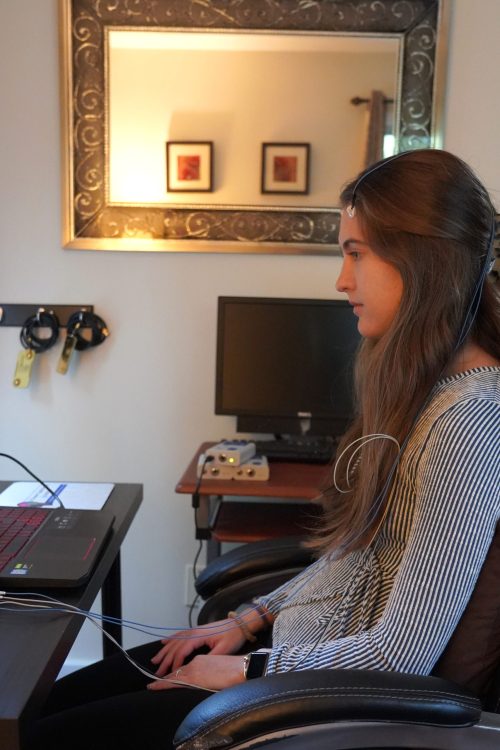
6. Pulsed Electromagnetic Field Therapy (PEMF)
- Gentle electromagnetic pulses support cellular repair and calming of neuroinflammatory signals, with promising use in conditions like ADHD, anxiety, OCD, and PANS/PANDAS.
- Many parents cite noticeable mood and behavioral shifts when used alongside other supports.
7. QuickCalm Toolkit
- Instant‑action tools, deep breathing, grounding, brief mindfulness designed to shift the brain from high-alert to relaxed and calm state.
- Ideal for those urgent moments when emotions feel overwhelming.

When should you talk to your pediatrician?
Call your doctor if your child has:
- Sudden onset of OCD behaviors, tics, anxiety
- Weakness, balance issues, vision changes
- Frequent mood swings, unexplained seizures
- Declining school performance or social disconnect
It’s not overreacting—it’s listening. When something feels off, trust that instinct. Understanding what neuroinflammation is and how it affects your child’s brain can help you spot red flags early—and get the right support sooner, so there's less struggle down the road.
Read more about: Causes, Symptoms, and Treatment for PANS/PANDAS
Parent Action Steps
Start with One Calming Routine a Day Add One Brain-Friendly Food This Week Build a Better Sleep Routine Explore Neurofeedback or PEMF Trust Your Gut—Track Sudden Changes
FAQs
Can diet alone reduce neuroinflammation?
A balanced, anti-inflammatory diet supports brain health—but rarely enough on its own. It works best paired with medical treatment, sleep, movement, and stress tools.
Does neuroinflammation go away on its own?
Not often. While the body can resolve mild inflammation, persistent cases often need targeted treatment—especially if linked to infections, immunity, or injury.
Are natural supplements effective?
Supplements like omega‑3s, turmeric, or vitamin D may ease inflammation—but always talk to your child’s doctor before starting anything new.
How long does it take to see improvements?
Every child is different. Some feel calmer within weeks of starting treatment, others take months. Consistency and follow‑through are key.
Can emotional therapy help if inflammation is present?
Absolutely. Tools like cognitive-behavioral therapy, parent coaching, and sensory supports can help your child manage emotions while the brain heals.
Dr. Roseann Capanna-Hodge is a licensed mental health expert that is frequently cited in the media:
- Label Free Podcast The Global Institute of Children’s Mental Health
- Self Talk Podcast with Rachel Astarte (Video) (Podcast) Children’s Mental Health
- Your Longevity Blueprint Trailblazing Children’s Mental Health
Disclaimer: This article is not intended to give health advice and it is recommended to consult with a physician before beginning any new wellness regime. *The effectiveness of diagnosis and treatment vary by patient and condition. Dr. Roseann Capanna-Hodge, LLC does not guarantee certain results.
Are you looking for SOLUTIONS for your struggling child or teen?
Dr. Roseann and her team are all about science-backed solutions, so you are in the right place!
Help your child regulate their behavior using Quickcalm, designed specifically for Busy Parents

©Roseann Capanna-Hodge

%20.png)


